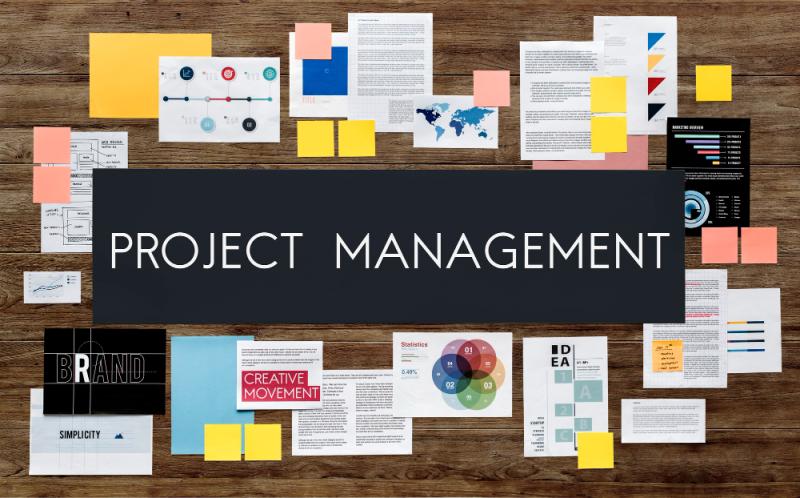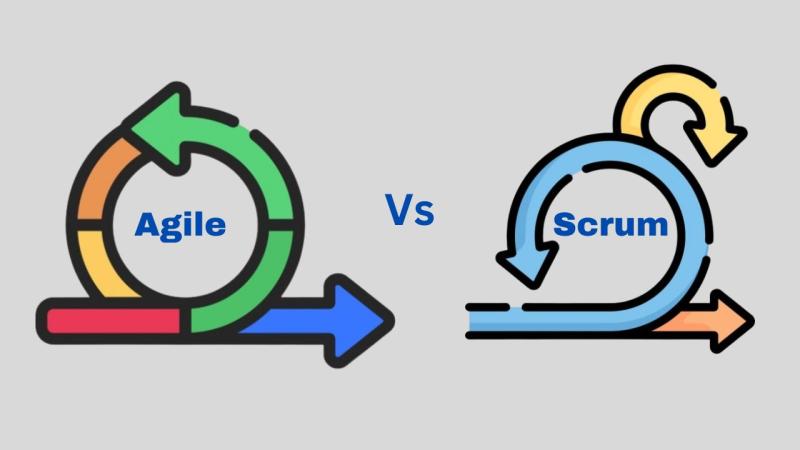A Comprehensive Guide to Hiring ReactJS Developers


Today's
dynamic web application is crucial for business success. ReactJS has emerged as
a leading JavaScript library, enabling developers to build efficient and
high-performing web applications. Consequently, the demand for ReactJS
development services has soared, making it imperative for businesses to know
how to hire the best ReactJS developers. This comprehensive guide will walk you
through the essential steps, tips, and strategies for finding and hiring
top-notch ReactJS talent to ensure your project.
Understanding ReactJS and Its Importance
Before
diving into the hiring process, it's important to understand what ReactJS is
and why it is so popular. ReactJS is an open-source JavaScript library
developed by Facebook, designed for building user interfaces, particularly
single-page applications. It allows developers to create reusable UI
components, leading to faster and more efficient development processes.
Key Benefits of ReactJS:
- Component-Based
Architecture:
ReactJS promotes a modular approach to development, enabling developers to
reuse components and simplify code maintenance.
- Virtual DOM: ReactJS uses a
virtual DOM to enhance performance by minimizing direct manipulation of
the real DOM.
- Strong Community
Support: As
an open-source library, ReactJS has a large and active community that offers extensive resources and support.
- SEO-Friendly: ReactJS can render on
the server side, improving SEO performance for web applications.
Identifying Your Project Needs
The first
step in hiring a ReactJS developer is clearly defining your project
requirements. Consider the following aspects:
- Scope of Work: Determine the scope
and complexity of your project. Is it a small single-page application or a
large-scale enterprise application?
- Timeline: Establish a timeline
for your project. Do you have a strict deadline, or is there flexibility?
- Budget: Define your budget
for the project. How much are you willing to invest in ReactJS development
services?
- Technical Requirements: Identify any specific
technical skills or experience required, such as knowledge of Redux,
GraphQL, or TypeScript.
Skills to Look for in a ReactJS Developer
When
evaluating potential ReactJS developers, consider the following key skills and
qualifications:
- Proficiency in
JavaScript and ES6+: A
strong understanding of JavaScript and modern ES6+ syntax is essential for
ReactJS development.
- Experience with ReactJS: Look for developers
with hands-on experience building ReactJS applications. Review their
portfolio or GitHub repositories to assess their skills.
- Knowledge of State
Management:
Familiarity with libraries like Redux or MobX is crucial for managing
complex application states.
- Understanding of JSX: JSX is a syntax extension
for JavaScript used in ReactJS to describe UI components. Proficiency in
JSX is necessary.
- Familiarity with
RESTful APIs:
ReactJS applications often interact with APIs. Ensure the developer has
experience in integrating and working with RESTful APIs.
- Testing and Debugging
Skills:
Knowledge of testing frameworks like Jest and debugging tools is important
for ensuring the quality and reliability of the application.
- Problem-Solving
Abilities:
Strong problem-solving skills and critical thinking abilities are valuable
traits in a ReactJS developer.
Where to Find ReactJS Developers
There are
several platforms and methods to find qualified ReactJS developers:
- Job Portals: Websites like Indeed,
Glassdoor, and LinkedIn are popular job portals where you can post job
listings and find potential candidates.
- Freelance Platforms: Upwork, Freelancer,
and Toptal allow you to hire freelance ReactJS developers for short-term
or long-term projects.
- Developer Communities: Engage with developer
communities on platforms like GitHub, Stack Overflow, and Reddit to find
talented ReactJS developers.
- Tech Conferences and
Meetups:
Attend tech conferences and meetups focused on JavaScript and ReactJS to
network with developers and industry experts.
- Recruitment Agencies: Consider partnering
with recruitment agencies specializing in tech talent to streamline
hiring.
Crafting an Effective Job Description
An
effective job description is crucial for attracting the right candidates.
Include the following elements in your job description:
- Job Title: Clearly state the job
title, such as "ReactJS" Developer", "Se", or
"eactJS Developer."
- Company Overview: Provide a brief
overview of your company, its mission, and the team the developer will be
working with.
- Role and
Responsibilities:
Outline the specific responsibilities and tasks the developer will be
handling, such as developing new features, maintaining existing code, and
collaborating with the design team.
- Required Skills and
Qualifications: List
the essential skills and qualifications, such as proficiency in ReactJS,
experience with state management, and knowledge of RESTful APIs.
- Preferred Skills: Mention any
additional skills or experience that would be a plus, such as familiarity
with GraphQL or experience in DevOps.
- Project Details: Provide details about
the project, including its scope, timeline, and unique challenges.
- Application Process: Explain the
application process, including how to apply, the selection process, and
any tests or interviews that will be conducted.
Interviewing ReactJS Developers
Conducting
thorough interviews is crucial to assess the candidate's suitability for the
role. Here are some tips for interviewing ReactJS developers:
- Technical Assessment: Start with a
technical assessment to evaluate the candidate's skills and
problem-solving abilities. This could involve a coding test or a live
coding session.
- Portfolio Review: Review the candidate's bio or GitHub repositories to see examples of their
previous work and code quality.
- Behavioral Interview: Conduct a behavioral
interview to assess the candidate's skills, such as communication,
teamwork, and adaptability.
- Technical Questions: Ask technical
questions related to ReactJS, such as:
- How do you handle
state management in ReactJS?
- Can you explain the
concept of the virtual DOM and how it works in ReactJS?
- How do you optimize
the performance of a ReactJS application?
- What tools and
libraries do you use to test ReactJS applications?
- Problem-Solving
Scenarios:
Present real-world problem-solving scenarios to see how the candidate
approaches and resolves issues.
Making the Right Offer
Once you
have identified the ideal candidate, making an attractive offer to secure their
services is important. Consider the following elements:
- Competitive Salary: Offer a competitive
salary that reflects the candidate's experience.
- Benefits and Perks: Highlight benefits
and perks, such as health insurance, flexible working hours, remote work
options, and professional development opportunities.
- Career Growth: Emphasize
opportunities for career growth and advancement within your company.
- Work-Life Balance: Promote a healthy
work-life balance to attract and retain top talent.
Onboarding and Integration
Successfully
onboarding and integrating the new ReactJS developer into your team is crucial
for long-term success. Follow these steps:
- Orientation: Provide an
orientation session to introduce the new hire to your company's culture,
values, and team members.
- Training: Offer training and
resources to help the developer get up to speed with your project, tools,
and workflows.
- Mentorship: Assign a mentor or
buddy to support the new hire during the initial weeks and help them
navigate any challenges.
- Regular Check-Ins: Schedule regular
check-ins to provide feedback, address concerns, and ensure a smooth
transition.
Conclusion
Hiring the
right ReactJS developer is a critical step in ensuring the success of your web
development project. By understanding your project needs, identifying key
skills, and following a structured hiring process, you can find and onboard top
ReactJS talent. With the right ReactJS development services, you can build
high-quality, efficient, scalable web applications that drive business growth
and success.









Comments